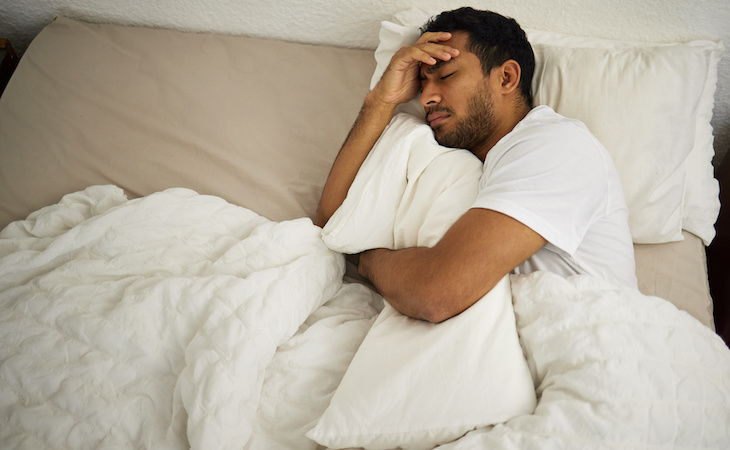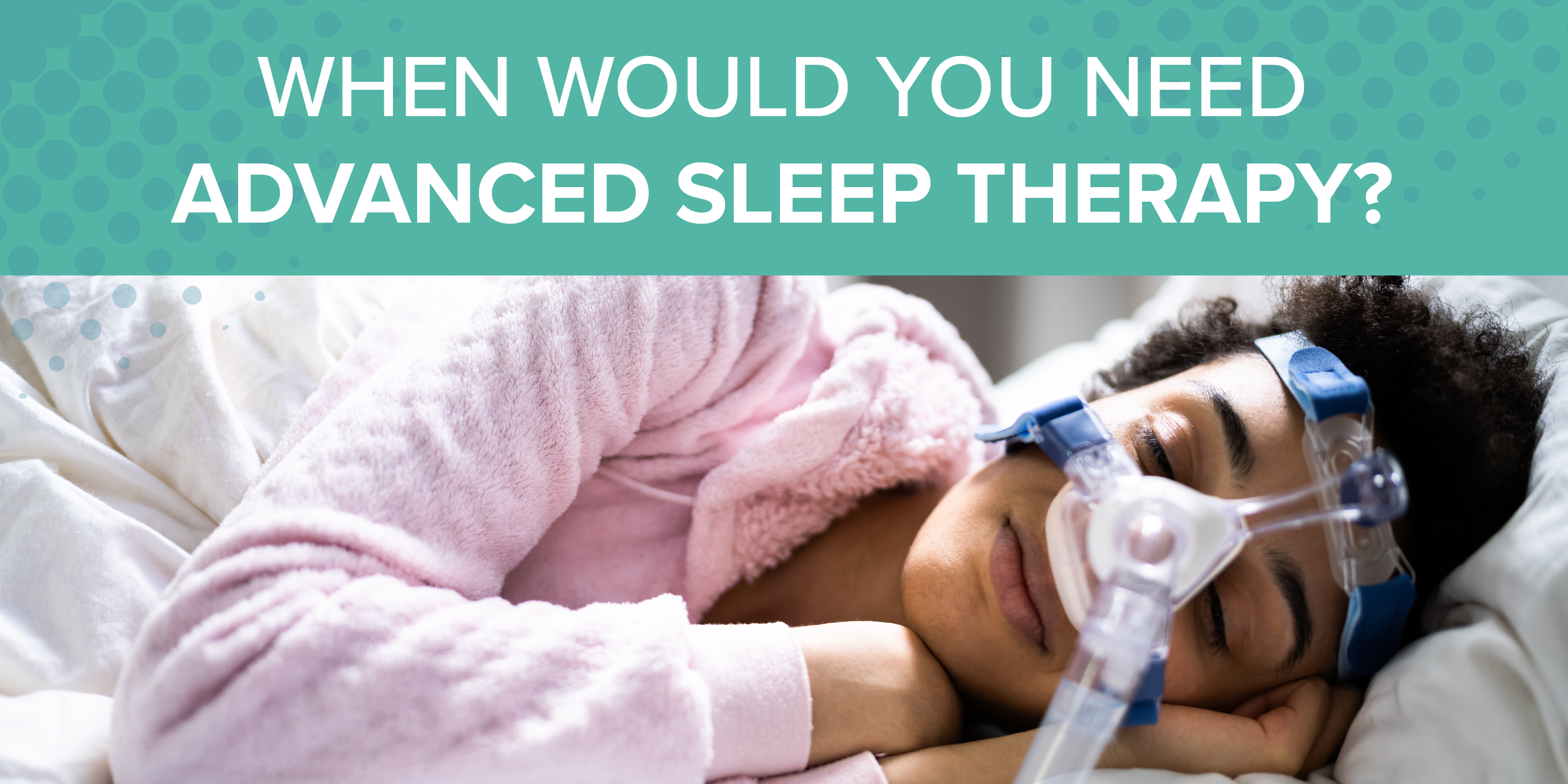Experienced Insomnia Specialist - Personalized Care for Better Sleep
Experienced Insomnia Specialist - Personalized Care for Better Sleep
Blog Article
Effective Therapy Solutions for Taking Care Of Sleep Disorders and Enhancing Relaxing Sleep
In the world of medical care, the administration of sleep conditions and the mission for relaxing rest are essential components of overall well-being. Effective therapy solutions supply a diverse method to deal with these difficulties, varying from cognitive behavior treatments to alternative techniques that advertise leisure and mindfulness. The expedition of various approaches, including the integration of drug and light therapy, opens up a world of possibilities in the pursuit of better rest quality. As we navigate the elaborate landscape of sleep disorders and seek to improve our rest experience, a deeper understanding of these treatment services might hold the trick to opening a much more relaxing and fulfilling restorative journey.
Cognitive Behavioral Therapy for Sleeping Disorders (CBT-I)
Cognitive Behavior Modification for Sleep Problems (CBT-I) is a structured, evidence-based treatment method that concentrates on resolving the hidden factors contributing to sleep disturbances. This sort of treatment intends to modify actions and thoughts that exacerbate insomnia, ultimately promoting healthy sleep patterns. CBT-I normally entails numerous key components, including cognitive therapy, sleep limitation, stimulus control, and sleep hygiene education.
Cognitive therapy helps people determine and alter negative idea patterns and ideas about sleep that might be impeding their ability to fall or remain asleep. Sleep restriction involves restricting the quantity of time spent in bed to match the individual's actual sleep period, thereby boosting rest effectiveness (insomnia counseling). Stimulus control techniques help develop a solid association in between the bed and sleep by urging individuals to go to bed just when drowsy and to prevent taking part in promoting tasks in bed
In addition, sleep hygiene education and learning focuses on creating healthy and balanced sleep routines, such as maintaining a constant sleep timetable, producing a relaxing bedtime regimen, and maximizing the rest environment. By resolving these factors adequately, CBT-I uses a reliable non-pharmacological intervention for handling sleeping disorders and boosting general sleep high quality.
Rest Hygiene Practices
Having actually established the structure of cognitive restructuring and behavior alterations in resolving sleeplessness through Cognitive Behavioral Treatment for Insomnia (CBT-I), the focus now changes in the direction of exploring essential Rest Health Practices for keeping optimal rest quality and total well-being.
Rest health practices include a series of habits and environmental factors that can substantially impact one's ability to drop off to sleep and stay asleep throughout the evening. Regular sleep and wake times, creating a relaxing going to bed regimen, and enhancing the rest environment by maintaining it dark, quiet, and cool are vital elements of great sleep health. Limiting direct exposure to screens before going to bed, avoiding stimulants like high levels of caffeine near going to bed, and participating in normal physical task during the day can likewise advertise far better sleep top quality.
In addition, practicing relaxation methods such as deep breathing exercises or meditation before bed can aid calm the mind and prepare the body for sleep. By including these sleep health techniques into one's daily regimen, people can establish a healthy and balanced rest pattern that supports relaxing sleep and overall well-being.
Relaxation Strategies and Mindfulness
Carrying out relaxation techniques and mindfulness methods can play a critical function in cultivating a feeling of calm and promoting high quality rest. In addition, directed images can aid carry individuals to a relaxed area in their minds, aiding in stress decrease and improving rest high quality.
By including these techniques right into a going to bed routine, individuals can signify to their bodies that it is time to prepare and take a break for rest. Generally, incorporating relaxation techniques and mindfulness practices can considerably contribute to handling sleep disorders and enhancing general rest quality.

Medicine Options for Rest Disorders
After exploring leisure techniques and mindfulness practices as non-pharmacological interventions for improving sleep quality, over at this website it is necessary to consider medication options for individuals with rest problems. In situations where way of life modifications and therapy do not supply adequate relief, medication can be a useful device in managing sleep disturbances.
Commonly prescribed medicines for rest problems consist of benzodiazepines, non-benzodiazepine hypnotics, antidepressants, and melatonin receptor agonists. Benzodiazepines, such as diazepam, are sedatives that can help induce rest, yet they are normally suggested look at more info for short-term use due to the danger of dependancy. Non-benzodiazepine hypnotics like zolpidem are likewise utilized to treat sleeplessness and have a reduced risk of reliance compared to benzodiazepines. Antidepressants, such as trazodone, can be beneficial for individuals with co-occurring clinical depression and rest disturbances. Melatonin receptor agonists, like ramelteon, target the body's all-natural sleep-wake cycle and can be handy for managing sleep patterns.
It is important for individuals to consult with a doctor to figure out one of the most suitable drug option based upon their particular rest disorder and case history.
Light Therapy for Circadian Rhythm Law
Light treatment, also understood as photo-therapy, is a non-invasive treatment technique used to control body clocks and improve sleep-wake cycles. This therapy entails exposure to brilliant light that resembles natural sunlight, which helps to reset the body's body clock. By exposing individuals to certain wavelengths of light, usually in the early morning or evening depending on the preferred result, light treatment can efficiently change the body clock to advertise wakefulness throughout the day and enhance peaceful rest at night.
Research study has actually revealed that light treatment can be especially beneficial for individuals with body clock conditions, such as postponed sleep gerd and insomnia stage disorder or jet lag. It can likewise be handy for those experiencing seasonal depression (SAD), a kind of anxiety that normally takes place throughout the cold weather when natural light exposure is decreased. Light therapy is usually well-tolerated and can be used combined with various other therapy approaches for rest conditions to enhance results and improve overall sleep quality.
Conclusion
To conclude, reliable therapy remedies for handling sleep conditions and enhancing relaxed sleep consist of Cognitive Behavior modification for Sleeping Disorders (CBT-I), rest health methods, leisure techniques and mindfulness, medicine options, and light treatment for body clock policy. These techniques can help people enhance their sleep high quality and total health. It is essential to seek advice from a doctor to determine one of the most suitable method for dealing with rest problems.
As we browse the intricate landscape of sleep conditions and seek to improve our sleep experience, a deeper understanding of these therapy services may hold the secret to opening an extra relaxing and meeting corrective trip.
Sleep constraint includes restricting the amount of time invested in bed to match the individual's actual sleep period, thereby raising sleep effectiveness. Regular sleep and wake times, developing a relaxing bedtime regimen, and optimizing the sleep setting by maintaining it dark, peaceful, and cool are important components of excellent rest hygiene. Light therapy is normally well-tolerated and can be utilized in conjunction with other treatment techniques for rest disorders to enhance outcomes and improve general rest quality.

Report this page